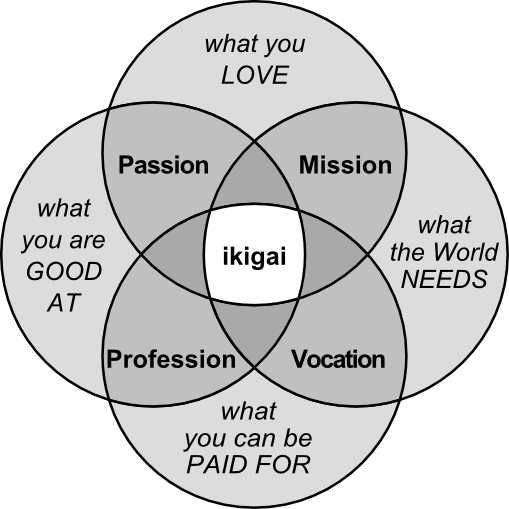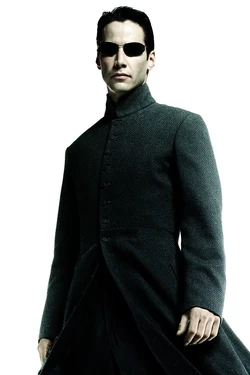Powerfully Soft
By Scott D. Wilson, P.Eng.
“Be soft. Do not let the world make you hard.Do not let the pain make you hate.
Do not let the bitterness steal your sweetness.
Take pride that even though the rest of the world may disagree,
you still believe it to be a beautiful place.” – Iain S Thomas
And consider:
“A man is born gentle and weak.
At his death he is hard and stiff.
Green plants are tender and filled with sap.
At their death they are withered and dry.
Therefore the stiff and unbending is the disciple of death.
The gentle and yielding is the disciple of life.
Thus an army without flexibility never wins a battle.
A tree that is unbending is easily broken.
The hard and strong will fall.
The soft and weak will overcome.” – Tao Te Ching - Lao Tzu - chapter 76
This world largely ignores the power of softness. Yielding is considered weakness. Being gentle is equated with being feeble. Yet the most powerful people of history have demonstrated the power of submission. Ghandi’s successful peaceful protests, Martin Luther King Jr.’s non-violent marches and the fall of the Berlin Wall are just a few examples of the soft overcoming the hard.
However, the world is increasingly applying harder and harder efforts to counter-act the destructive forces in it. Force is countered with greater force. The effectiveness of these strong measures gradually grows less and less by the day. It is much like trying to dig a deep hole in a large sandy beach, the more one digs, the more sand pours into the hole from the surrounding dunes. What first took only a small effort to correct now takes tens and hundreds of times greater effort. Conventional thinking would do well to consider the wisdom cited above and develop some softer methods to defeat the enemies of the peace.
The wise see the folly in meeting might with might within themselves and their own lives. They learn to yield and redirect the opposing forces that assail them. In martial arts we generally learn the hard forms first: kicks, blows and blocks. As one trains for many years it becomes apparent that strength and force have their limits and overcoming force with greater force is not truly effective. Eventually, adept martial artists will learn the soft styles and discover their immense power. When sagely applied, the most effective martial arts overcome enemies by preventing them from ever entering into conflict.
Resistance often strengthens our foes. Better firewalls and virus protection generate more ingenious methods for hacking into our systems. One of the most powerful tools in preventing cyber-attacks against corporations is the ‘honeypot.’ Cyber-criminals want to break in and steal data. The honeypot provides them with what they want. It is an area filled with interesting data and it is somewhat secured so that significant effort must be made to get there. However, honeypots are carefully monitored. All who enter are traced and their actions are tracked meticulously. The data there is safe and expendable or even misleading. Sometimes, giving people what they want is the best way to defeat them.
How does this apply to you and me? It means that we pay attention to hardness and unyielding in our own lives. Society has conditioned us to instinctively hit back when something strikes at us, to overcome force with greater force. Wisdom understands that taking blows and returning them is not always a beneficial strategy. Over time, this reaction can ‘harden’ us mentally and emotionally. Our greater strength turns into weakness as we become emotionally brittle and mentally inflexible.
We need to ask ourselves: Are we pushing back out of fear? Can we let the hard words and harsh comments of others pass us by allowing them to dissipate into silence? Can we agree with the truth in our opponents words and yet overcome their destructive meaning?
“Why yes, I am a bit lazy at tidying the house. Since you are better at this than I am then perhaps you would like to help with this and show me how to do it better.”
Yielding is a very powerful tactic. It disarms many enemies who are accustomed to resistance or counter-attacks. In physical combat, a blow that misses its target tends to leave the attacker over-extended and prone to being pulled off balance. The aggressor needs the resistance to their attack in order to stop from fumbling forward. In Tai Chi Chuan we call this uprooting an opponent, making them unstable and vulnerable. In social interactions opponents lose their emotional energy when others ignore their words or essentially agree with them. Antagonists become somewhat prone under these circumstances and I have seen many back-peddle, literally trying to ‘take back’ their words.
So when we reflect on our daily struggles let us make sure that we are not hardening our thoughts and our emotions. Do not let pain or bitterness make us fragile. Consider the wisdom of those who advocate gentleness and the power of letting go. Just as water softly overcomes stone we too can overcome our hard opposition. The next time life pushes you, stop before you instinctively shove back. Consider the possibility of yielding and sending the force tumbling behind you as you choose to keep moving forward.
*Post Script*
As a reminder for myself, I have this version of Chapter 22 of the Tao Te Ching on my wall (emphasis on the last sentence):
Yield and overcome;
bend and be straight.
Empty out and be full;
wear out and be renewed.
Have little and gain;
have much and be confused.
Therefore, the True Person embraces the One
and becomes a model for all.
Do not look only at yourself,
and you will see much.
Do not justify yourself,
and you will be distinguished.
Do not brag,
and you will have merit.
Do not be prideful,
and your work will endure.
It is because you do not strive
that no one under heaven can strive with you.
The saying of the Old Ones, "Yield and Overcome,"
is not an empty phrase.
True wholeness is achieved
by blending with life.
©2016 S.D. Wilson















